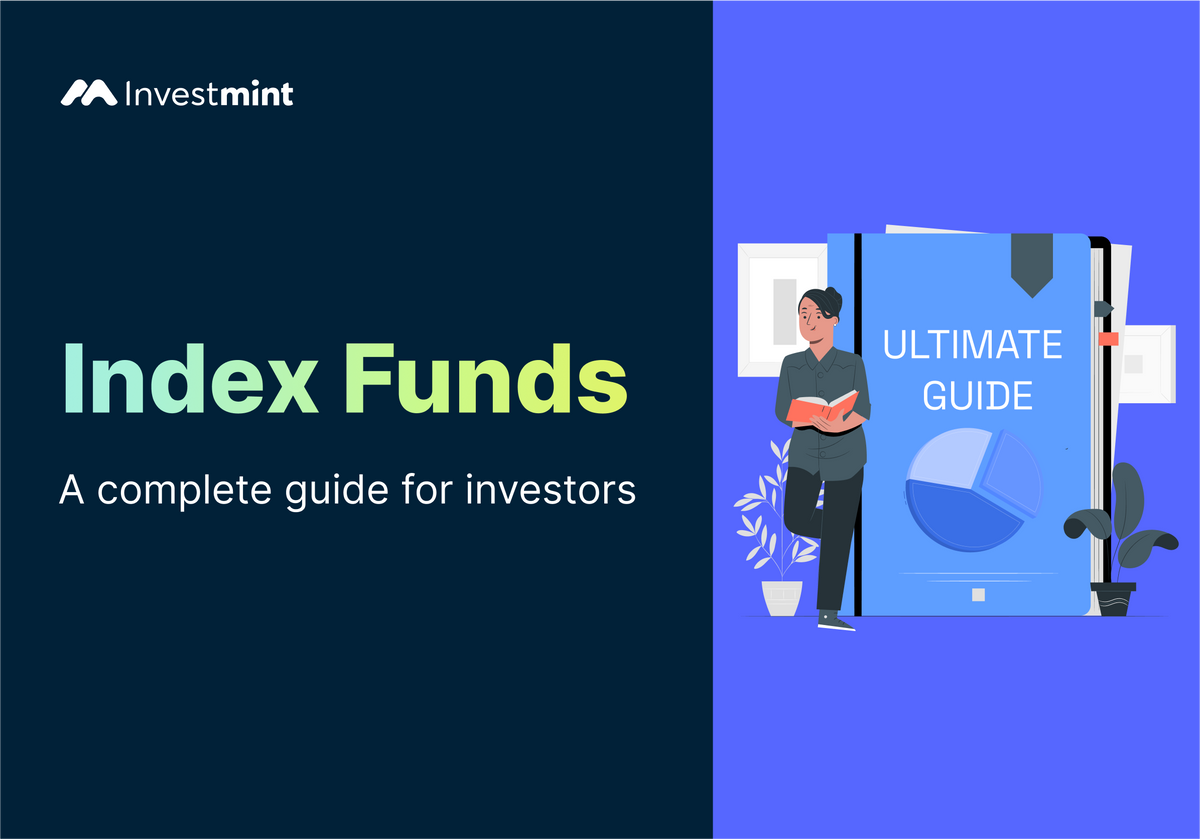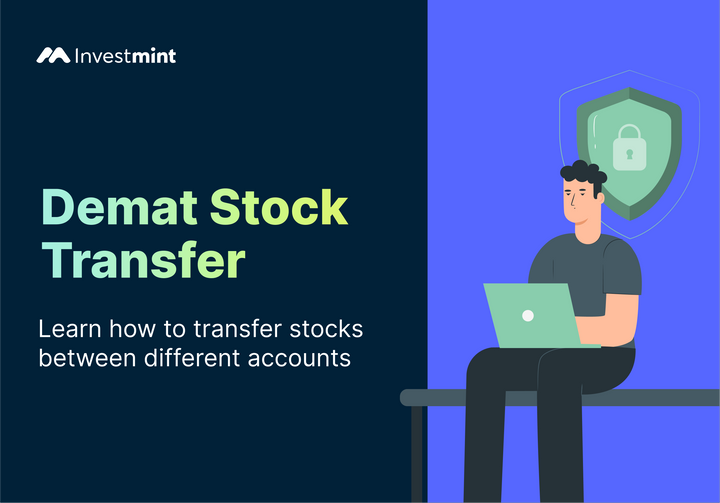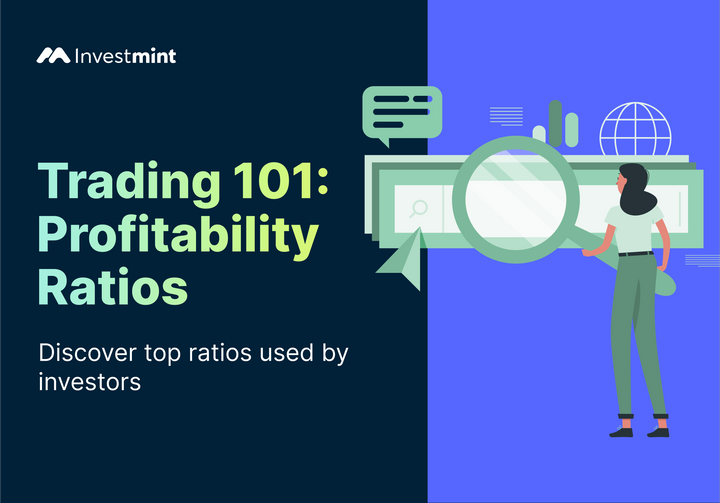What are Index Funds: A Complete Guide
Learn about the advantages, drawbacks, and best index funds to invest in for various types of investors.

Introduction
The stock market is a fickle beast. One day, your investments are soaring. The next, they're in red. It can be enough to make even the most seasoned investor lose sleep. But what if there was a way to invest in the stock market without worrying about the ups and downs? A way to ensure that your money would grow over time, even if the market took a tumble? That’s where index funds come in.
Index funds are a type of investment that allows you to invest in various stocks at once without trying hard to pick the best one.
For example, let's say you have Rs 5,000 that you want to invest. Instead of analysing every stock, you can invest in an index fund that tracks the Nifty 50 index, which represents the performance of the top 50 companies listed on the National Stock Exchange (NSE) in India, saving you precious time. Moreover, popular index funds like Nifty 50 have the potential to increase up to 79% in just 5 years.
Stick to this article till the end to clearly figure out what is an index fund, index fund examples, how to invest in index funds, who it is best suited for, the benefits & risks involved, the best index funds in India, and its limitations.
What Is an Index Fund?
Index funds are like mutual funds that aim to replicate the performance of a specific stock market index, such as the Nifty 50 or the Sensex in India. It provides investors with exposure to a diversified portfolio of stocks, bonds, or other assets that mirror the composition of the chosen index.
Investing with index funds is an effective way for individuals to gain broad market exposure without the need for extensive research or stock-picking skills.
Types of Index Funds
Let's explore some of the common types of index funds.
- Broad Market Index Funds: These funds track an entire market index and provide investors investing in mutual funds with exposure to a wide range of stocks. Some examples include Vanguard Total Stock Market Index Fund and iShares Russell 3000 Index Fund.
- Large Cap Index Funds: These funds focus on tracking an index composed of large-cap stocks, which are typically the largest and most established companies in the market. Examples include SPDR S&P 500 ETF Trust and Nifty 50 Index Fund.
- Small Cap Index Funds: These funds track an index of small-cap stocks, representing smaller companies with higher growth potential. Examples: iShares Russell 2000 Index Fund, Vanguard Small-Cap Index Fund.
- Sector-specific Index Funds: These funds concentrate on a particular sector or industry, allowing investors to target specific market areas. Examples: Technology Select Sector SPDR Fund, Health Care Select Sector SPDR Fund.
- International Index Funds: These funds track indexes of stocks from international markets outside of an investor's home country, providing exposure to global markets. Examples: iShares MSCI EAFE Index Fund, Vanguard Emerging Markets Stock Index Fund.
Who are Index Funds Best Suited for?
Index funds are best suited for investors who prefer a passive investment approach, seeking broad market exposure and long-term growth. They are suitable for individuals who prioritise simplicity, diversification, and lower costs than actively managed funds.
Index funds can be ideal for beginners, busy professionals, or those who do not have the time or expertise for active stock picking. While returns on index funds vary, index funds have historically provided competitive returns that closely mirror the performance of the underlying index they track, making them a reliable choice for steady, consistent growth over time.
You can use an index fund calculator to see if the fund suits your needs. An index fund calculator helps investors make more informed decisions, set realistic expectations, and assess the potential growth of their investments over time.
Benefits and Risks of Index Funds
Let us see the benefits and risks involved in Index funds:
Guide on Invest in Index Funds—How to Invest ?
Here's a step-by-step guide on how to invest:
- Research: Start by understanding the basics of index funds. Learn about different types of index funds, their historical performance, and associated costs.
- Set Investment Goals: Determine your investment goals, such as retirement savings, a specific financial milestone, or long-term wealth accumulation.
- Choose a Brokerage Account: Open an account with a reputable brokerage firm that offers access to a wide range of index funds. Ensure the brokerage aligns with your investment needs, offers competitive fees, and provides a user-friendly platform.
- Fund Selection: Identify the index funds that align with your investment goals and risk tolerance. Consider factors like fund expense ratio, tracking error, fund size, and historical performance. Diversifying your portfolio by investing in multiple index funds across different asset classes is often recommended.
- Account Setup: Complete the necessary paperwork and provide the required identification documents to set up your brokerage account. Follow the account opening instructions provided by the brokerage.
- Fund Your Account: Deposit funds into your brokerage account. Once you finish the setup, you can transfer money from your bank account to fund your investment.
- Place Orders: Once your account is funded, navigate to the trading section of your brokerage platform. Search for the desired index funds and place purchase orders. Specify the amount or number of shares you want to invest in each fund.
- Monitor and Review: Regularly monitor your index fund investment and review its performance. Keep an eye on market trends and periodically rebalance your portfolio if necessary.
- Long-Term Approach: Index funds are typically a long-term investment strategy. Dodge impulsive decisions based on short-term market instabilities. Stay focused on your investment goals and resist the urge to buy or sell based on market volatility constantly.
Best Index Funds In India (2023)
- HDFC Index Fund: Nifty 50 Plan: This fund aims to replicate the performance of the Nifty 50 index, representing the top 50 companies listed on the NSE. It is one of the largest and most popular index funds in India.
- ICICI Prudential Nifty Index Fund: This fund closely tracks the performance of the Nifty 50 index and offers investors the opportunity to gain exposure to a diversified portfolio of blue-chip companies.
- SBI Nifty Index Fund: This index fund investment seeks to replicate the performance of the Nifty 50 index. It is known for its low expense ratio and has been a preferred choice for investors seeking broad market exposure.
- UTI Nifty Index Fund: This fund aims to closely follow the Nifty 50 index, exposing investors to a diversified portfolio of large-cap companies in India.
- Aditya Birla Sun Life Index Fund: This fund endeavours to replicate the performance of the Nifty 50 index. It has gained popularity for its competitive returns and low expense ratio.
Note- This is only for educational purposes and not any investment advice. Please do your own research before investing.
Limitations of Index Funds
Now that we know what index funds are, we have considered index fund examples, benefits, and risks involved. Let’s examine its limitations:
- Passive Management: They lack active management, which means they don't have a fund manager making active investment decisions based on market conditions or individual stock analysis.
- Market Downturns: During periods of market decline, they may experience losses along with the broader market.
- Concentration Risk: This may become heavily weighted in popular or overvalued stocks within the index they track, which can expose investors to concentration risk if those stocks underperform or experience volatility.
- Tracking Error: They may not perfectly replicate the performance of the underlying index due to factors like transaction costs and imperfect index replication, resulting in tracking errors.
- Limited Outperformance Potential: These are designed to match the performance of the index they track, so the potential for significant outperformance compared to the market or actively managed funds may be limited.
Conclusion
Index funds are a saviour When it gets overwhelming and time-consuming to research and choose the right ones. Index funds can be a perfect choice for those who believe in long-term growth and need a cost-effective way to invest.
Frequently Asked Questions (FAQs)
Q. Are index funds safe?
Index funds are safer than individual funds as your money is collectively invested in various funds.
Q. Are index funds suitable for beginners?
Index funds are best suited for beginners as they provide an easy way to invest without deep prior knowledge of the stock market.
Q. Do index funds pay dividends?
Yes, some index funds pay dividends to investors based on their dividend payment policy.
Checkout more interesting reads on our blog





